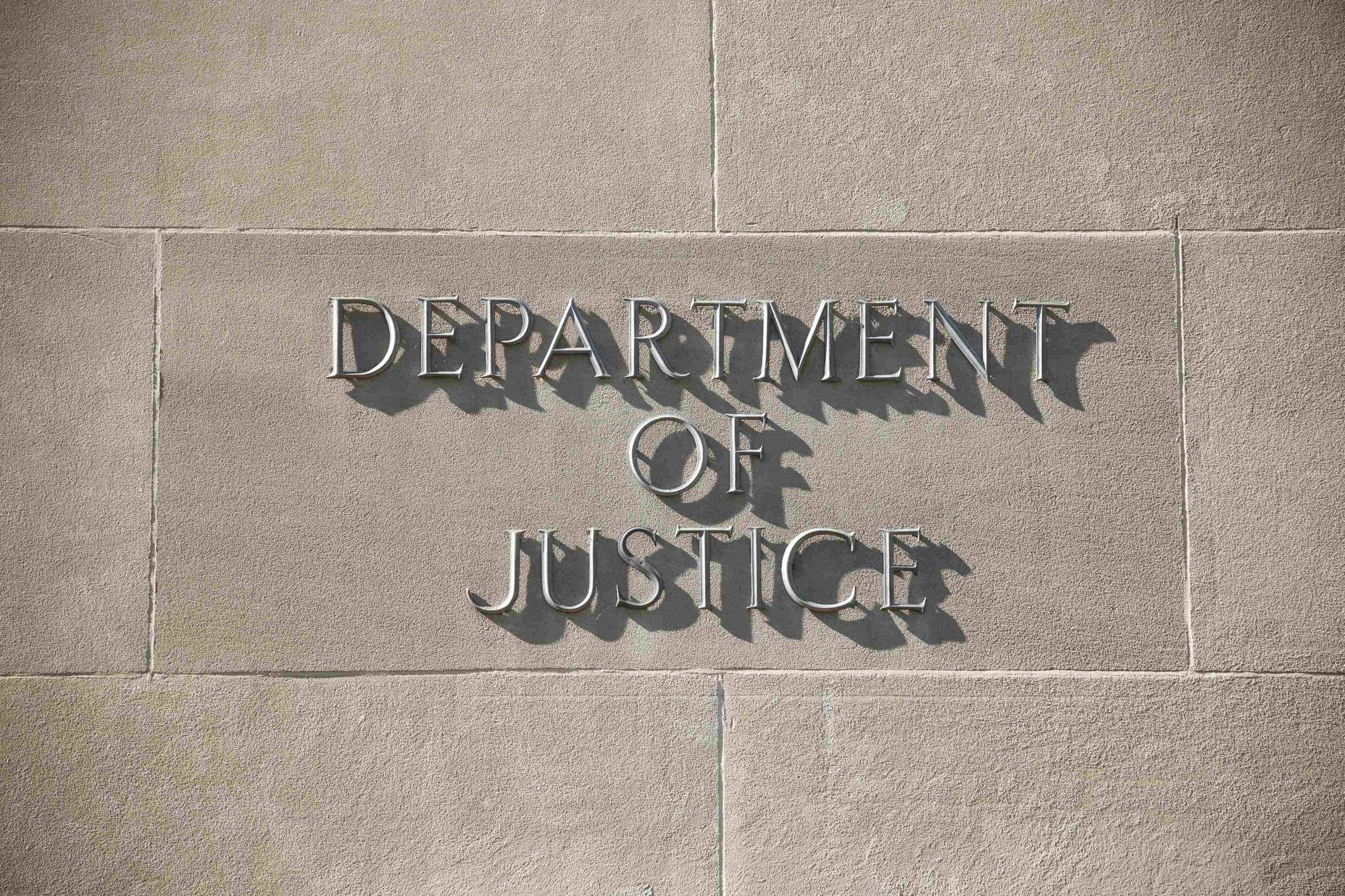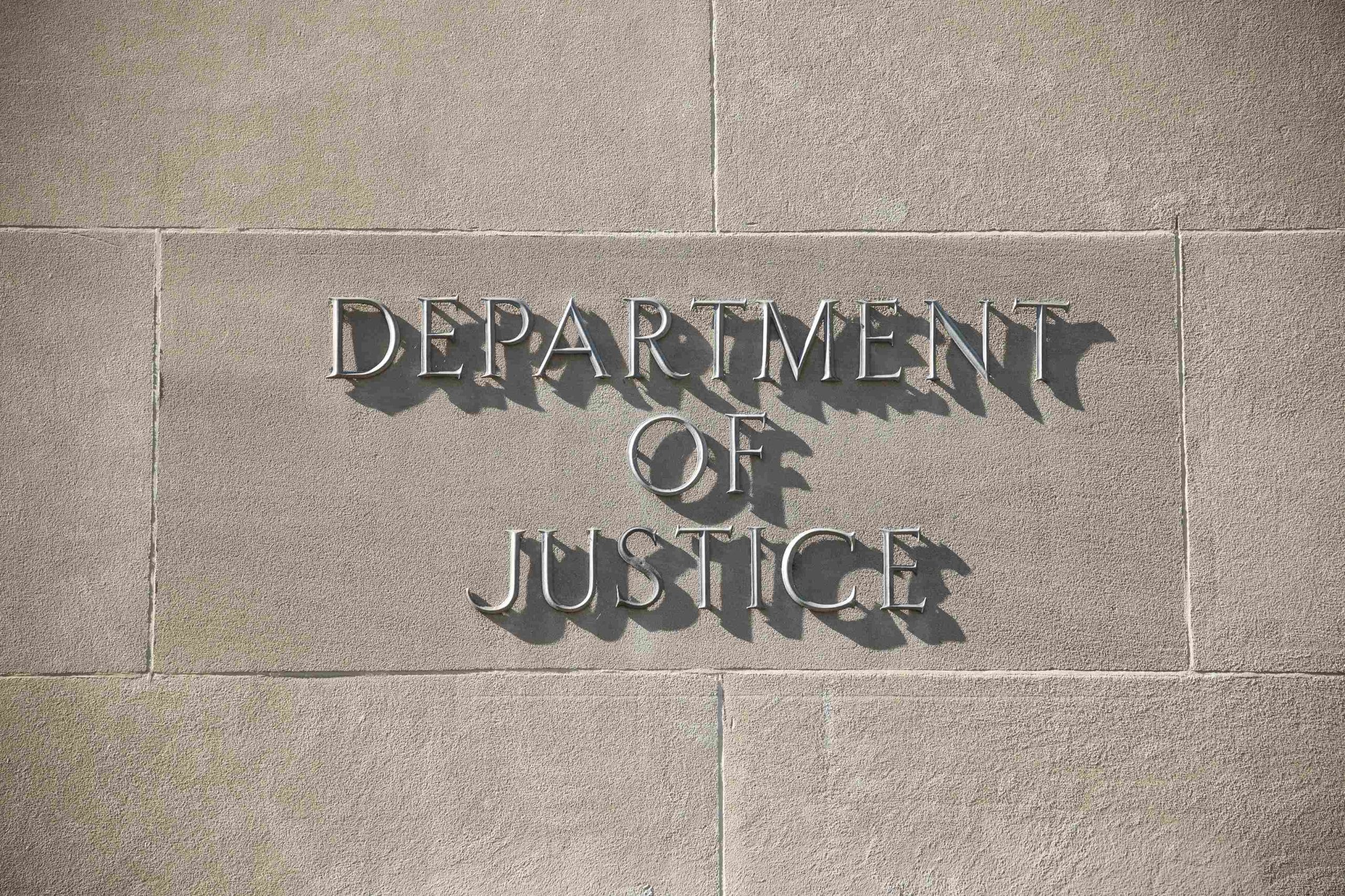US DOJ Seizes $9M USDT As Part Of $225M Frozen By Tether In “Pig Butchering” Crypto Scam


The US Department of Justice (DOJ) announced today that it seized $9 million worth of the stablecoin USDT related to a cryptocurrency scam known as “pig butchering”. The seized funds were part of a larger sum of $225 million worth of USDT that the issuer Tether had frozen in external self-custodied wallets connected to the scam.
The “pig butchering” crypto scam involves bad actors developing fake relationships and convincing victims to invest in sham businesses before stealing their money.
Authorities Ramp Up Seizures in Ongoing Crypto Crime Blitz
“These scammers prey on ordinary investors by creating websites that tell victims their investments are working to make them money,” said Acting Assistant Attorney General Nicole Argentieri. “The truth is that these international criminal actors are simply stealing cryptocurrency and leaving victims with nothing.”
Cyber Scam Organization Disrupted Through Seizure of Nearly $9M in Cryptohttps://t.co/RRBZk0twNe pic.twitter.com/kVP8f2ogBo
— Criminal Division (@DOJCrimDiv) November 21, 2023
Authorities were able to trace the flow of the laundered cryptocurrency through exchanges by following the trail of transactions, a process referred to as “chain hopping“.
The DOJ acknowledged Tether’s help in transferring the seized assets. US officials have previously exercised their power to seize cryptocurrency tied to illegal operations, such as the 2020 seizure of 70,000 bitcoins linked to the Silk Road marketplace.
Crypto intelligence firm 21.co reported in October that the US government currently controls over $5 billion in seized crypto assets. The DOJ said further major cryptocurrency enforcement actions were slated to be announced soon in conjunction with other agencies.
This USDT seizure highlights increasing oversight of cryptocurrencies to curb illicit activities such as fraud and money laundering. The pseudonymous nature of crypto transactions presents challenges to authorities in detecting crime and seizing funds, however. The crackdown is expected to continue as government agencies dedicate more resources to uncloaking the crypto ecosystem.




